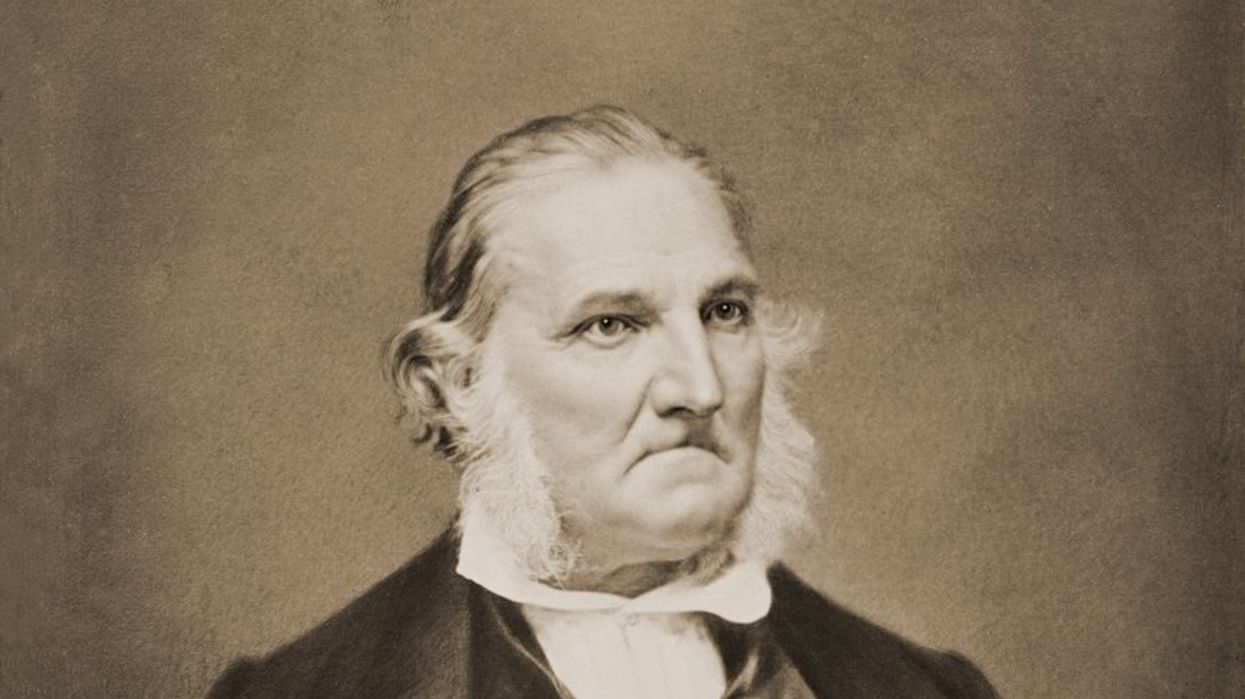One of the best-known and largest bird conservation organizations in the country is named after a slaver, and it doesn't intend to change that.
One Monday, the National Audubon Society held a closed-door vote on whether or not to change their name after several local chapters pledged to do so. The organization ultimately opted to keep its name, with board chair Susan Bell refusing to make public the final breakdown.
“The name has come to represent not one person, but a broader love of birds and nature,” Bell told The Washington Post. “And yet we must reckon with the racist legacy of John James Audubon, the man.”
Three board members have since resigned in protest of the society retaining its name. Staffers from local sections have also expressed that the name makes the organization's mission of preserving avian life difficult to uphold, as many potential hires have felt that they would not be able to pursue "inclusive and welcoming" agendas.
The National Audubon Society takes its name from John James Audubon, a 19th-century wildlife illustrator who documented hundreds of North American species in his paintings. The organization was founded in 1905 and named after Audubon as a way to preserve his legacy.
Audubon also owned nine slaves, and was a staunch opponent of the abolitionist movement. When the British government freed West Indian slaves, he admonished them for acting “imprudently and too precipitously." He also aided in research promoting "scientific racism," removing the heads of Indigenous and Mexican people from battlefields and selling them to eugenicists that sought to prove white superiority based on skull shapes and sizes.
Despite this, much of Audubon's work was aided by Black and Indigenous people, particularly his 435-page magnum opus, The Birds of America, historian Gregory Nobles noted in a 2020 essay.
"Although never fully acknowledged, people of color — African Americans and Native Americans — had a part in making that massive project possible," Nobles wrote. "Audubon occasionally relied on these local observers for assistance in collecting specimens, and he sometimes accepted their information about birds and incorporated it into his writings.
Nobles added: "But even though Audubon found Black and Indigenous people scientifically useful, he never accepted them as socially or racially equal."
Despite the board's voting results, branches in Chicago, Madison, Portland, and Seattle may pursue renaming their chapters, which would be permitted even without the support of the national organization. In place of the change, the national branch is committing $25 million to expand equity and diversity within the company.
While rebranding as a household name poses its own challenges, activists — including those at local branches — believe that this point in history marks the time to reckon with institutional legacies.
As Nobles concluded: "Audubon didn’t create the National Audubon Society, but he remains part of its identity. As much as we celebrate his environmental legacy, we need to grapple with his racial legacy. If we could train our binoculars on history, now is the time to do so."
- Slur Against Indigenous Women Removed From Several US Location Names ›
- Disney Changes 'Boba Fett' Ship Name to Avoid Controversy... But Was It The Right Move? ›
- Modern Slavery: 17 Nations, Including US, Use Forced Labor | AdvocateChannel.com ›
- Black Families Separated by Slavery Reunite Through Newspaper Ads ›
- Lawmakers Push to Remove Exception for Slavery From Constitution ›



















































